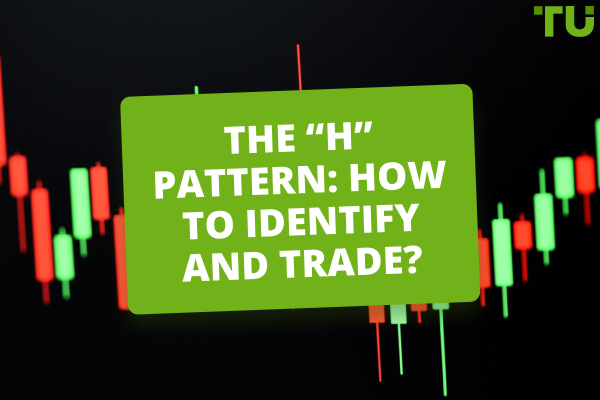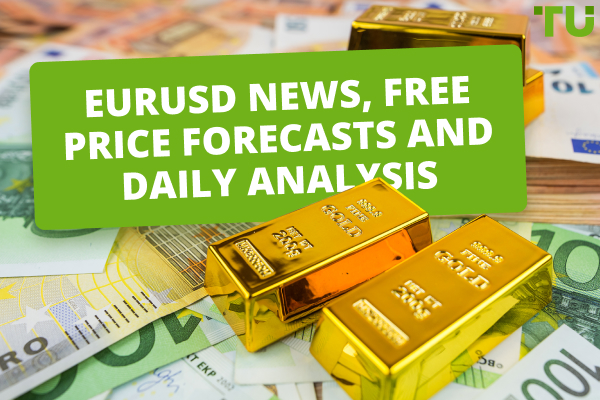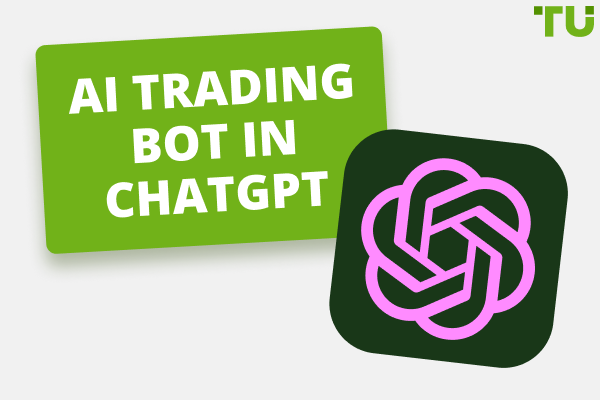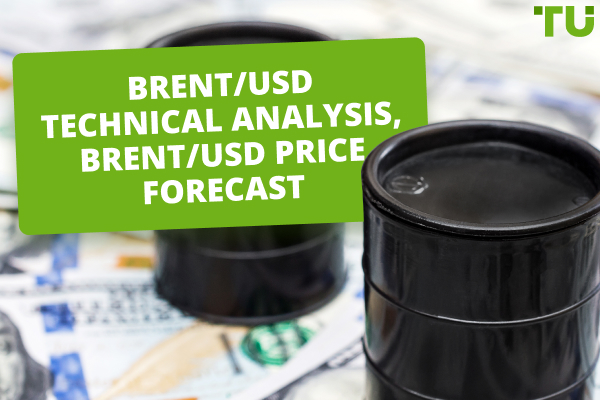What Happens If You Use An Unregulated Broker?
While unregulated brokers offer enticing benefits like higher leverage and fewer trading restrictions, it's crucial to be aware of the significant risks involved:
-
Risk of Fraud: Traders might encounter scams and fraudulent activities.
-
No Protection for Traders: Absence of safeguards for traders' funds.
-
Risk of Withdrawal Issues: Difficulties in accessing funds due to delays or restrictions.
-
Risk of Market Manipulation: otential for unfair trading conditions and price manipulation.
-
Limited Legal Recourse: In disputes, traders face limited options for resolution.
-
Reputational Risk: Professionals risk damaging their credibility and trustworthiness.
The allure of high returns in Forex trading tempts many to dive into its volatile waters. However, lurking beneath the surface are risks that can undermine the unwary trader's journey. Among these, the choice of broker stands paramount, a decision that can either pave the way to success or lead to unforeseen pitfalls.
It's here that the distinction between regulated and unregulated brokers becomes critically important, and this article will aim to shed some light on the risks and issues that can arise if using unregulated Forex brokers.
-
What does unregulated mean in trading?
In trading, "unregulated" refers to activities or entities that operate outside the supervision or oversight of official regulatory bodies, meaning they do not adhere to the established rules and standards designed to protect investors.
Understanding Forex regulation
Understanding Forex regulation is essential to navigate this complex landscape effectively. Forex brokers are regulated to ensure they adhere to strict standards of conduct, safeguarding traders' interests and maintaining market integrity.
Regulatory bodies across the globe, such as the U.S. Commodity Futures Trading Commission (CFTC), the UK's Financial Conduct Authority (FCA), and the Australian Securities and Investments Commission (ASIC), play pivotal roles in overseeing Forex brokers. These organizations mandate brokers to comply with a range of requirements, including capital adequacy, transparency, and client fund protection.
Unregulated Forex brokers, by contrast, operate outside the oversight of any regulatory body. This absence of regulation might offer some superficial perks, but it comes with a heightened risk profile.
Understanding the nuances of regulated versus unregulated brokers is the first step in making informed decisions in the Forex market, a crucial move towards securing one's investment and navigating the treacherous waters of currency trading with confidence.
What are the benefits of unregulated brokers?
Opting for unregulated brokers might seem like a path fraught with risk, yet it presents certain attractions that can be hard to overlook for a specific trader profile. Below, we delve into these benefits, providing a nuanced understanding of why some traders venture down this less-trodden path:
-
Higher Leverage: Unregulated brokers often offer leverage far exceeding that of regulated entities. This means traders can control large positions with a relatively modest amount of capital, amplifying potential returns on investment. However, it's crucial to remember that while higher leverage can increase profits, it also elevates the risk of substantial losses.
-
Fewer Restrictions on Trading Strategies: The regulatory constraints that shape the operations of regulated brokers do not bind unregulated ones. As such, they can offer their clients the flexibility to engage in a variety of trading strategies:
Hedging and Scalping: Strategies that involve protecting against losses or making quick profits from small price changes are more readily accommodated.
Copy-Trading and Micro-Accounts: For those looking to mirror the trades of more experienced traders or trade with smaller amounts of capital, unregulated brokers often provide more options.
High-Frequency Trading (HFT): The absence of strict regulations makes these platforms more conducive to HFT, allowing traders to exploit minuscule price discrepancies at a high speed.
-
Lower Costs (Not Always): In some cases, unregulated Forex brokers may offer more competitive pricing structures than their regulated counterparts. Lower transaction fees, spreads, and non-existent or minimal commission charges can significantly reduce trading costs, making these brokers attractive to traders with limited funds.
-
Bonus Offers: To attract new clients, unregulated brokers frequently extend bonus offers and promotions. These can include deposit bonuses, no-deposit bonuses, or other incentives designed to entice traders to sign up and trade. While appealing, it's important for traders to read the fine print and understand the terms and conditions associated with these offers.
Cons of unregulated Forex brokers
Despite the allure of potential benefits, the drawbacks of using unregulated brokers pose significant risks that cannot be ignored. The following points elaborate on the cons, highlighting the critical aspects that traders must consider:
-
Risk of Fraud: The absence of regulatory oversight dramatically increases the risk of fraudulent activities. Unregulated brokers can operate with a lack of transparency, making it difficult for traders to verify their legitimacy or the fairness of their trading practices. This environment can lead to scams, where traders' funds are at risk of being misappropriated.
-
No Protection for Traders: Unlike their regulated counterparts, unregulated brokers are not required to adhere to stringent financial standards. This lack of protection means that client funds are not segregated from the broker's operating funds, posing a significant risk in the event of the broker's financial failure.
-
Withdrawal Issues: Traders might face challenges when attempting to withdraw their profits or initial deposits from unregulated brokers. These can include unjustified delays, exorbitant withdrawal fees, or, in the worst-case scenario, total denial of withdrawal requests.
-
Market Manipulation: As a rule, unregulated brokers do not have access to reliable liquidity providers, and the flow of prices to the client's terminal is generated by such a broker independently. Without oversight, unregulated brokers may engage in unethical practices such as creating artificial spikes or dips in currency prices, directly impacting traders' ability to execute fair trades.
-
Limited Legal Recourse: In disputes with unregulated brokers, traders have limited options for legal recourse. The lack of a regulatory authority to adjudicate disputes means that grievances may go unresolved, leaving traders with little to no avenue for reclaiming lost funds.
-
Reputational Risk: Professional traders or those managing funds for others must consider the reputational risk associated with using unregulated brokers. Engaging with such entities can undermine credibility and trust, potentially damaging professional relationships and career prospects.
Best Forex Brokers in 2024


Can I use an unregulated broker?
The question of whether one should use an unregulated broker is nuanced and deserves a comprehensive examination. While it's technically possible, and in some cases might even seem attractive, engaging with unregulated brokers carries inherent risks that cannot be overstated. However, under specific circumstances, certain traders might find the proposition worth considering:
-
Beginners: For those new to the Forex market, unregulated brokers might appear as an accessible entry point due to their minimal initial deposit requirements and the allure of bonus offers. Beginners might be tempted by the simplicity and the perceived lower financial barrier to entry. However, it's crucial for newcomers to weigh the benefits against the potential risks, including the lack of protection and higher susceptibility to fraudulent practices.
-
Low Budgets: Traders with limited capital might find unregulated brokers appealing due to lower operational costs and the promise of higher leverage, which can theoretically amplify gains from small investments. Yet, the risks of significant losses and withdrawal issues remain pertinent concerns that need careful consideration.
-
Traders Seeking Specific Trading Conditions: Certain trading strategies that require higher leverage or fewer restrictions, not typically offered by regulated brokers, might only be feasible through unregulated entities. Traders in pursuit of niche strategies might, therefore, opt for unregulated brokers as a means to an end.
-
Experienced Traders with Risk Management Skills: Veterans of the Forex market, who possess a deep understanding of risk management and have the capacity to absorb potential financial losses, might navigate the murky waters of unregulated brokers more skillfully. Their experience can be a valuable asset in mitigating some of the risks associated with these brokers.
For further insights into using an unregulated broker, read our article on 10 Best Unregulated Forex Brokers for 2024.
Conclusion
Navigating Forex trading requires a careful balance between seizing opportunities and mitigating risks. While unregulated brokers might offer enticing benefits such as higher leverage and fewer restrictions, the potential pitfalls - ranging from fraud and withdrawal issues to market manipulation - cannot be ignored.
The allure of lower costs and bonus offers must be weighed against these significant risks. Ultimately, engaging with an unregulated broker or not should be a decision informed by a thorough understanding of one's risk tolerance, trading strategy, and the inherent uncertainties of Forex trading.
Glossary for novice traders
-
1
Broker
A broker is a legal entity or individual that performs as an intermediary when making trades in the financial markets. Private investors cannot trade without a broker, since only brokers can execute trades on the exchanges.
-
2
Trading
Trading involves the act of buying and selling financial assets like stocks, currencies, or commodities with the intention of profiting from market price fluctuations. Traders employ various strategies, analysis techniques, and risk management practices to make informed decisions and optimize their chances of success in the financial markets.
-
3
Leverage
Forex leverage is a tool enabling traders to control larger positions with a relatively small amount of capital, amplifying potential profits and losses based on the chosen leverage ratio.
-
4
Forex Trading
Forex trading, short for foreign exchange trading, is the practice of buying and selling currencies in the global foreign exchange market with the aim of profiting from fluctuations in exchange rates. Traders speculate on whether one currency will rise or fall in value relative to another currency and make trading decisions accordingly.
-
5
Scalping
Scalping in trading is a strategy where traders aim to make quick, small profits by executing numerous short-term trades within seconds or minutes, capitalizing on minor price fluctuations.
Team that worked on the article
Vuk stands at the forefront of financial journalism, blending over six years of crypto investing experience with profound insights gained from navigating two bull/bear cycles. A dedicated content writer, Vuk has contributed to a myriad of publications and projects. His journey from an English language graduate to a sought-after voice in finance reflects his passion for demystifying complex financial concepts, making him a helpful guide for both newcomers and seasoned investors.
Dr. BJ Johnson is a PhD in English Language and an editor with over 15 years of experience. He earned his degree in English Language in the U.S and the UK. In 2020, Dr. Johnson joined the Traders Union team. Since then, he has created over 100 exclusive articles and edited over 300 articles of other authors.
Mirjan Hipolito is a journalist and news editor at Traders Union. She is an expert crypto writer with five years of experience in the financial markets. Her specialties are daily market news, price predictions, and Initial Coin Offerings (ICO).









